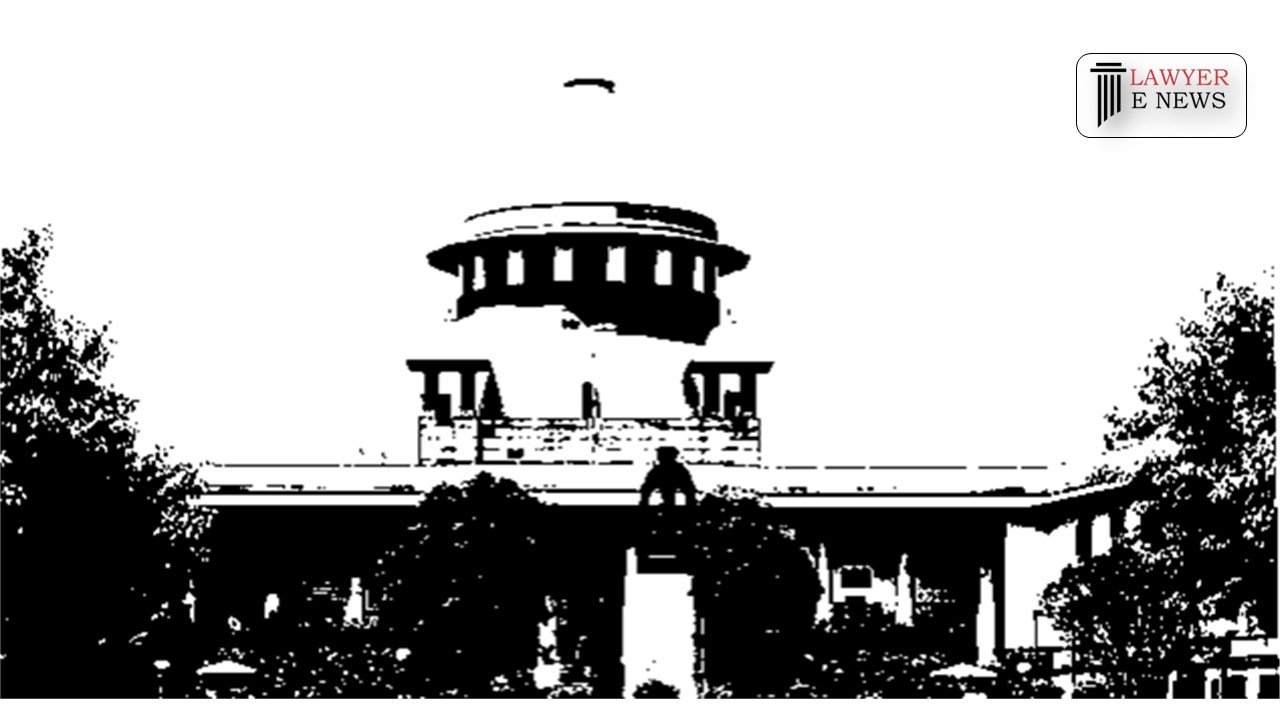-
by Admin
15 February 2026 2:36 AM



In a landmark judgment, the Supreme Court of India has delivered a ruling that sets a significant legal precedent regarding cases of abetment to suicide. The case in question, Criminal Appeal No. 3578 of 2023, involved allegations of abetment to suicide under Section 306 of the Indian Penal Code (IPC). The judgment, authored by Honorable Justices Abhay S. Oka and Pankaj Mithal, emphasizes the importance of establishing both mens rea and proximity to suicide when charging individuals with this offense.
The Court’s ruling stemmed from allegations made against the appellants, Mohit Singhal and Anr., who were accused of abetting the suicide of deceased Ashok Kumar. The deceased’s widow, the third respondent, had borrowed money from the appellants and alleged that they had assaulted and threatened her husband, leading him to take his own life.
In its observation, the Court highlighted the critical elements required to establish abetment to suicide. It stated, “To attract the first clause, there must be instigation in some form on the part of the accused to cause the deceased to commit suicide. Hence, the accused must have mens rea to instigate the deceased to commit suicide. The act of instigation must be of such intensity that it is intended to push the deceased to such a position under which he or she has no choice but to commit suicide. Such instigation must be in close proximity to the act of committing suicide.”
The judgment further noted, “In the present case, taking the complaint of the third respondent and the contents of the suicide note as correct, it is impossible to conclude that the appellants instigated the deceased to commit suicide by demanding the payment of the amount borrowed by the third respondent from her husband by using abusive language and by assaulting him by a belt for that purpose.”
As a result, the Court ruled that the offense under Section 306 of the IPC was not established against the appellants and that their continued prosecution would constitute an abuse of the legal process.
This ruling underscores the necessity for prosecutors to prove both mens rea (the guilty mind) and the proximity of instigation to the act of suicide when pursuing charges of abetment under Section 306 of the IPC. It sets a significant legal precedent that will guide future cases involving similar allegations.
Date of Decision: December 1, 2023
Mohit Singhal & Anr. VS The State of Uttarakhand & Ors.
